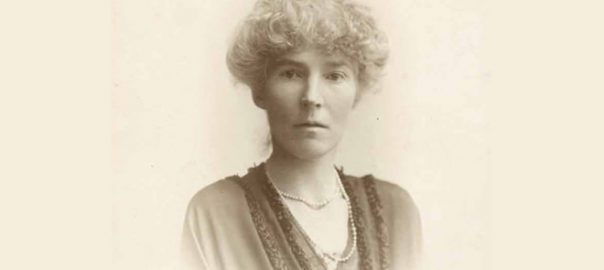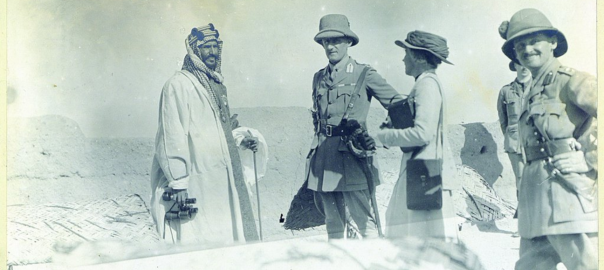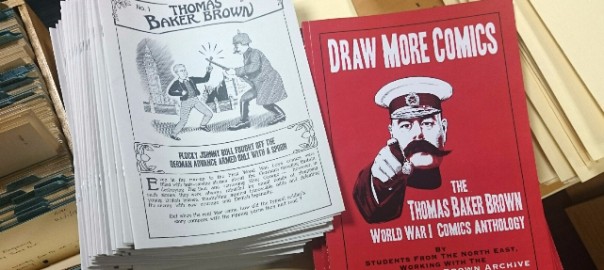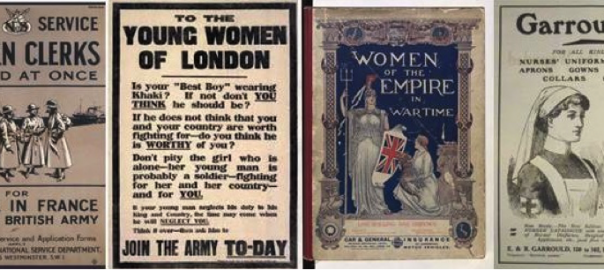The exhibition on Gertrude Bell’s First World War work, previously on display in Newcastle University’s Robinson Library, is now available to view online here. Cartographer, archaeologist, interpreter, photographer, Gertrude Bell (born 1868 at Washington New Hall, County Durham) is perhaps best known as a central figure in British political movements in the Middle East during the early twentieth century. Appointed the appointed Oriental Secretary in 1917, her expertise in the geography of the Middle East led to her involvement in the Cairo Conference of 1921, in which she played a central role in the formation of Iraq. Often overlooked, however, is the range and extent of the work Bell undertook during the First World War, which took her from Boulogne to Baghdad. Curated by Dr Emma Short (School of English, Newcastle University & Living Legacies 1914-1918), this exhibition of material from the Gertrude Bell Papers, held in Newcastle University Robinson Library Special Collections, explores the impact of the First World War on Bell’s life and legacy.



